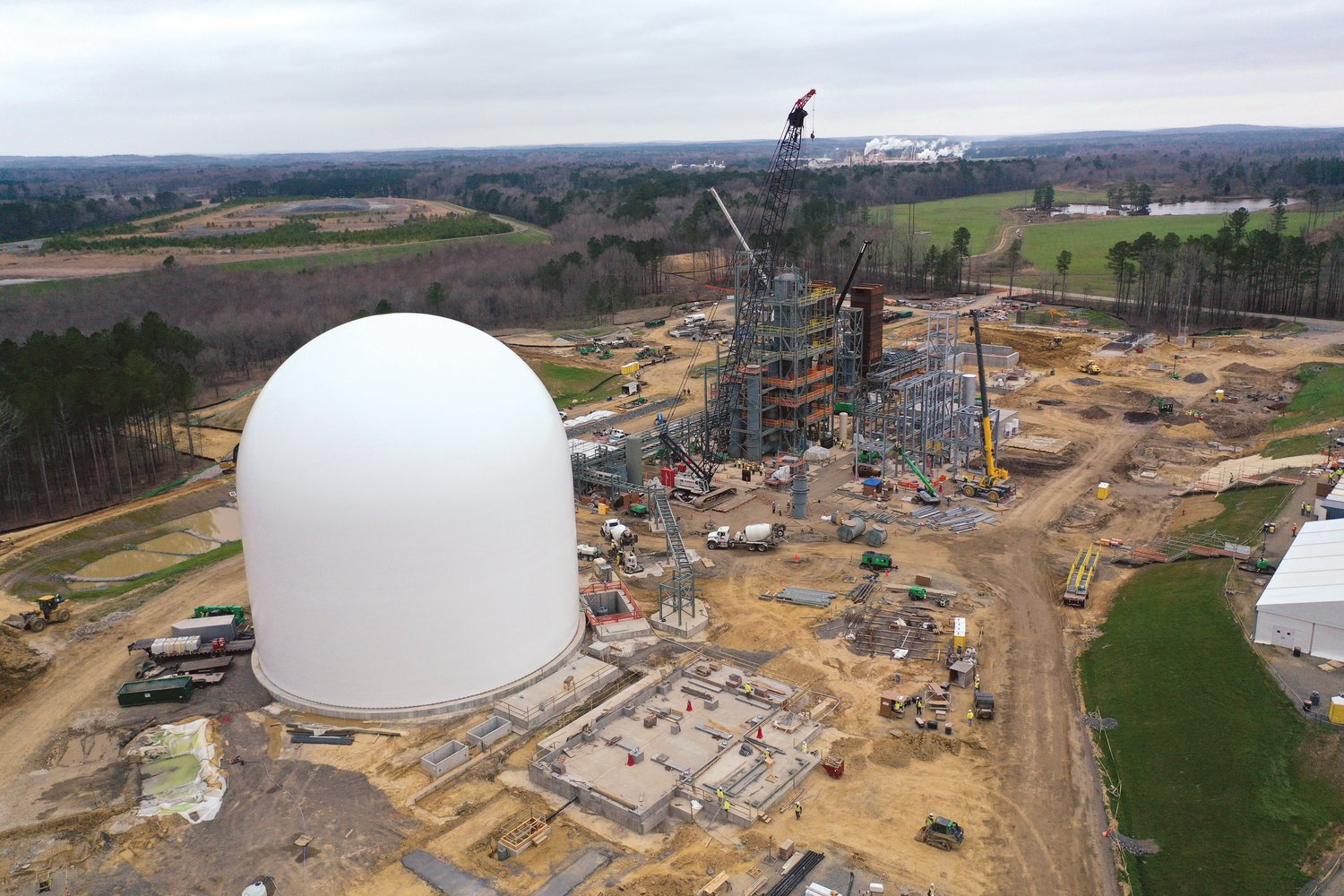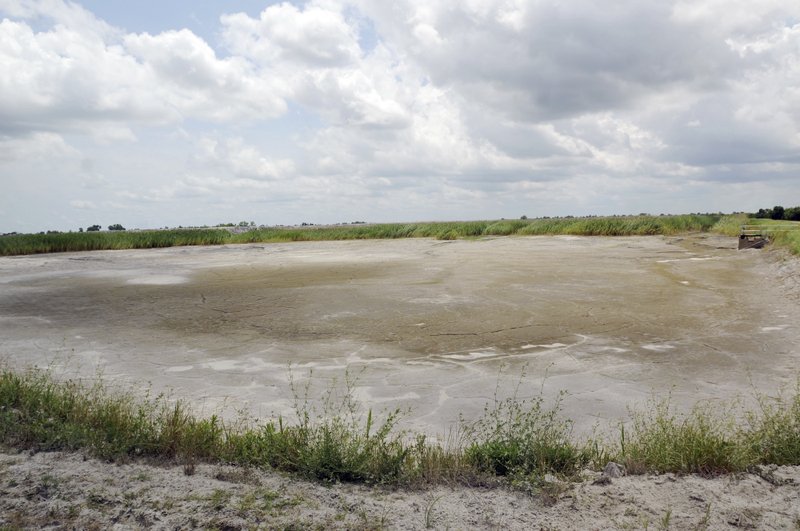Questions regarding the safety of well water near coal ash ponds have led to the resignation of the state epidemiologist and a slew of accusations against state administrators and scientists.
The upheaval in the state’s Department of Health and Human Services has played out in a series of open editorials and public resignations.
According to NC state toxicologist Ken Rudo, North Carolina officials, including the state health director, misled homeowners about the safety of well water near coal ash ponds. During his deposition last Tuesday, Rudo claimed that McCrory was aware of unsafe readings in the well water but claimed it was suitable to drink.
During a late night press conference, Governor Pat McCrory’s Chief of Staff, Thomas Stith, called Rudo a liar, saying, “We’re not going to stand idly by while individuals make false statements and lies under oath.”
An editorial published by the Department of Environmental Equality also claimed that Rudo misrepresented the water’s readings.
“Rudo’s analysis is out of step with the federal government and 49 other states,” the open editorial said. “Rudo’s unprofessional approach to this important matter does a disservice to public health and environmental protection in North Carolina.”
These events contributed to the resignation of State Epidemiologist Megan Davies, as she wrote in an open letter.
She said, “I am resigning because the open editorial issued by this Department [NC Department of Health and Human Services] on August 9, 2016, misrepresents the process used by NC DHHS to set health screening levels and provide public health recommendations to well owners whose wells were tested under the Coal Ash Management Act.”
She also wrote, “The editorial presents a false narrative of a lone scientist in NCDHHS acting independently to set health screening levels and make water use recommendations to well owners.”
David McLennan is a professor of political science at Meredith College. He said that the recent upheavals in the administration are out of the ordinary.
“This is pretty unusual. If we get down to it, it’s really a personnel issue that’s being played out in the public,” McLennan said. “Rarely do you see something quite like this, which is about science versus the public interest versus public health.”
In Davies’ open resignation, she also wrote, “I cannot work for a Department or an Administration that deliberately misleads the public.”
She said the department misrepresented Rudo’s information and scientific process. This kind of out-right name calling, McLennan said, will not bode well for McCrory.
“The reason this has become so public is because this is an election year and the McCrory administration is so linked to the coal ash situation because of his ties with Duke Energy,” McLennan said. “I think the McCrory administration saw the testimony by the state toxicologist as being potentially something that could be used against McCrory in a reelection campaign.”
If McCrory is indeed concerned about his reelection, McLennan said, he should take immediate action.
“We’ve already seen environmental groups run ads against McCrory saying his actions surrounding the coal ash situation have not been appropriate,” McLennan said. “This is just going to contribute to those attacks. And I think the governor needs to do something to reassure the people around those coal ash ponds that the water they’re drinking is safe. If he can do that, that might tamp down some of the political backlash he’s receiving.”
Part of reassuring the public, McLennan said, means visiting the communities where the water is in question.
“I think the governor should consider going to those locations and talking to the citizens. And this is a case where the governor can show leadership by going to the communities and asking them, ‘Do you feel that your water is safe?’”
McLennan said that it’s too early to know whether this episode will largely impact McCrory’s reelection campaign.
“We’re still three months out from the election and this could be a very minor issue in terms of the reelection campaign, or if it continues to grow and citizens get sick, it could be a huge issue. So there’s a lot of uncertainty around this from both a public health and political perspective.”
But whether or not it impacts the campaign, McLennan said it doesn’t cast a positive light over the administration’s handle on state issues.
“If I were assessing the governor’s performance, just based on this, it wouldn’t get a very good grade.”



